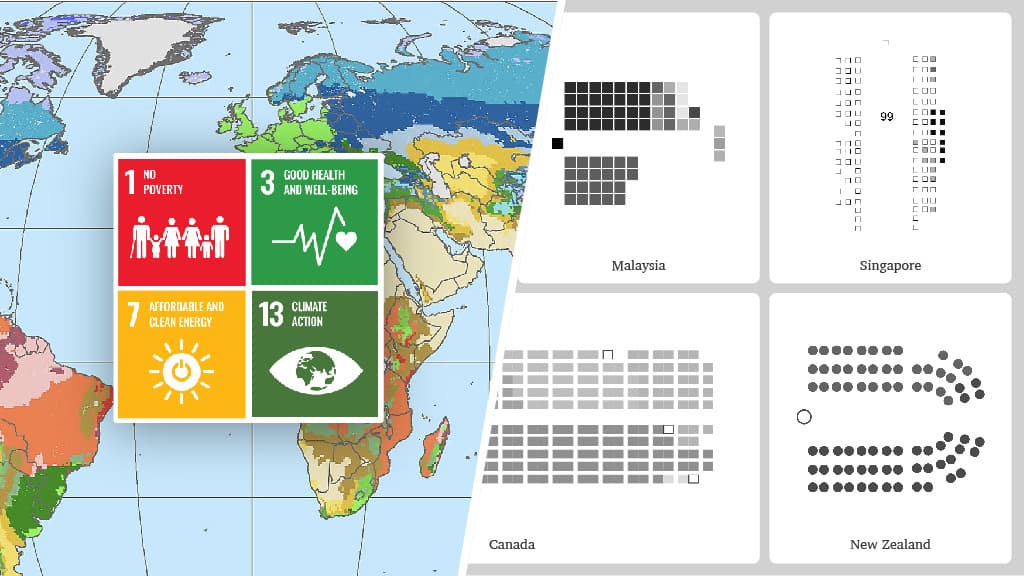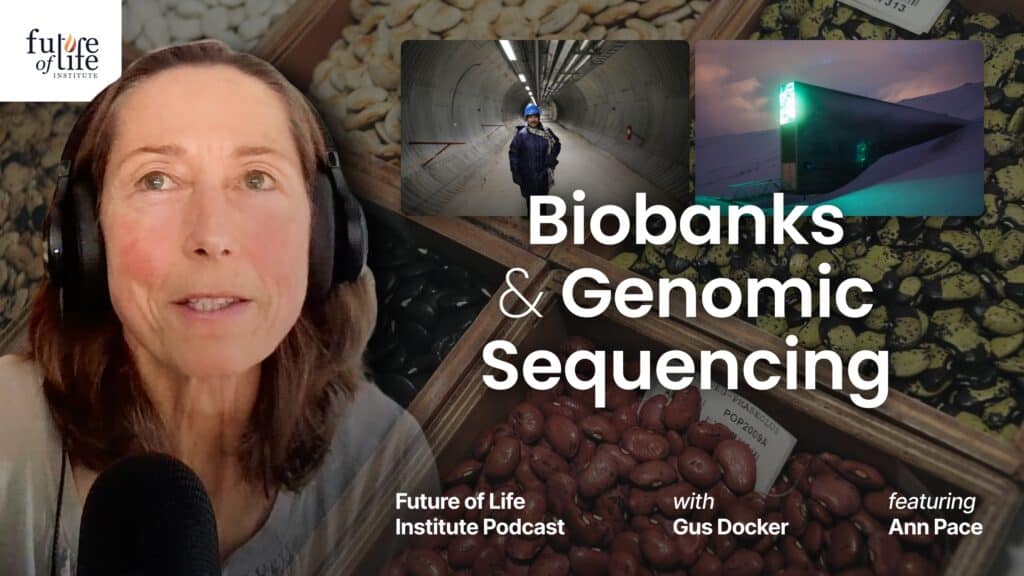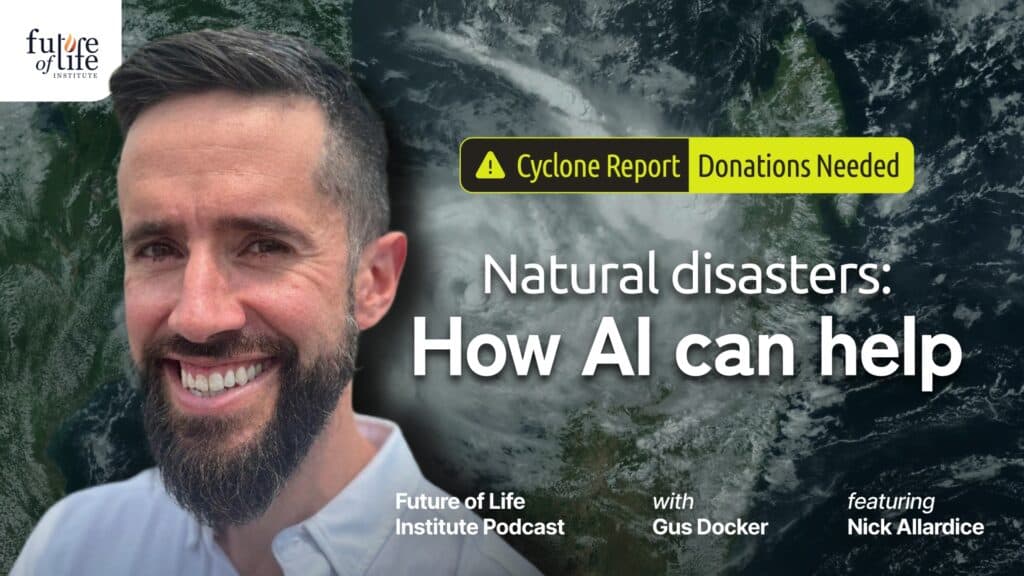Feeding Everyone No Matter What
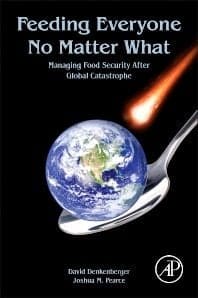
Contents
Dr David Denkenberger is a research associate at the Global Catastrophic Risk Institute, and is the co-author of Feeding Everyone No Matter What: Managing Food Security After Global Catastrophe, published this year by Academic Press. In a guest post for the FLI blog, he summarizes the motivation for, and results behind, his work.
Mass human starvation is currently likely if global agricultural production is dramatically reduced for several years following a global catastrophe: e.g. super volcanic eruption, asteroid or comet impact, nuclear winter, abrupt climate change, super weed, super crop pathogen, super bacterium, or super crop pest. Even worse, such a catastrophe may cause the collapse of civilization, and recovery is not guaranteed. Therefore, this could affect many future generations.
The primary historic solution developed over the last several decades is increased food storage. However, storing up enough food to feed everyone would take a significant amount of time and would increase the price of food, killing additional people due to inadequate global access to affordable food. Humanity is far from doomed, however, in these situations – there are solutions.
In our new book Feeding Everyone No Matter What, we present a scientific approach to the practicalities of planning for long-term interruption to food production. The book provides an order of magnitude technical analysis comparing food requirements of all humans for five years with conversion of existing vegetation and fossil fuels to edible food. It presents mechanisms for global-scale conversion including: natural gas-digesting bacteria, extracting food from leaves, and conversion of fiber by enzymes, mushroom or bacteria growth, or a two-step process involving partial decomposition of fiber by fungi and/or bacteria and feeding them to animals such as beetles, ruminants (cows, deer, etc), rats and chickens. It includes an analysis to determine the ramp rates for each option and the results show that careful planning and global cooperation could feed everyone and preserve the bulk of biodiversity even in the most extreme circumstances.
The book also discusses options that may work on the household level. It encourages scientists and laypeople to perform alternate food growing and eating experiments, and to allow everyone to learn from them on http://www.appropedia.org/Feeding_Everyone_No_Matter_What.
About the Future of Life Institute
The Future of Life Institute (FLI) is a global think tank with a team of 20+ full-time staff operating across the US and Europe. FLI has been working to steer the development of transformative technologies towards benefitting life and away from extreme large-scale risks since its founding in 2014. Find out more about our mission or explore our work.
Related content
Other posts about Biotech, Climate & Environment
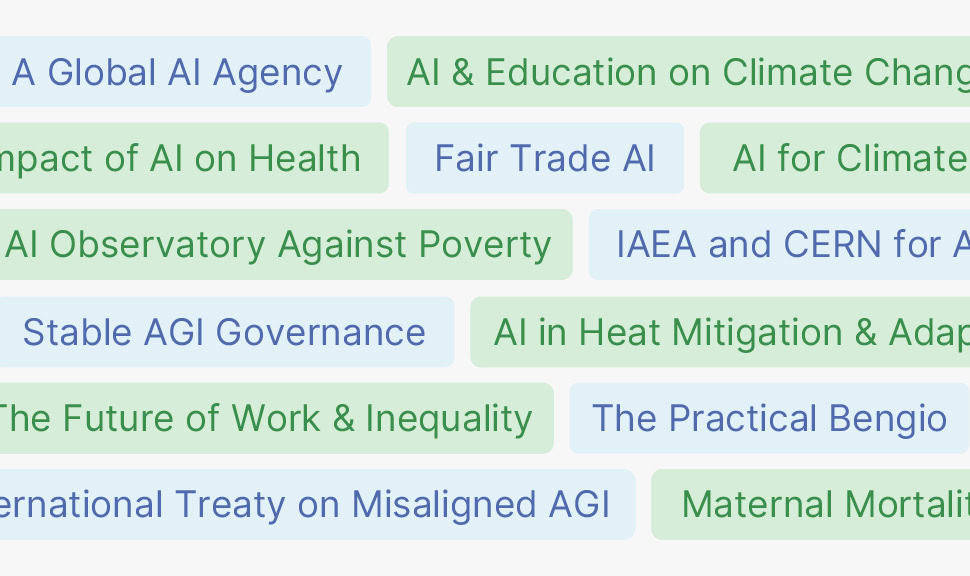
Future of Life Institute Announces 16 Grants for Problem-Solving AI
